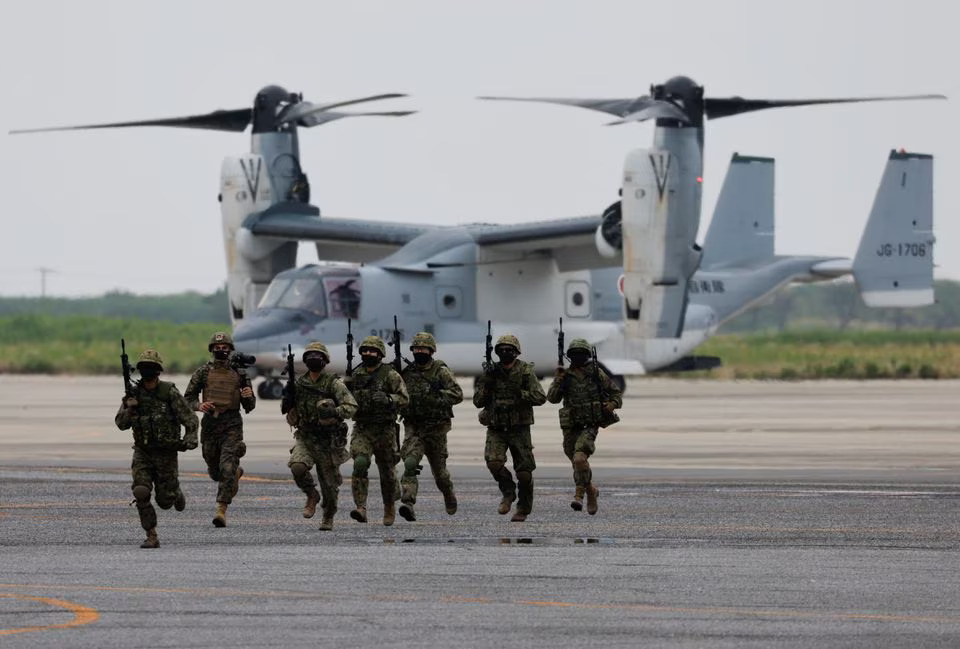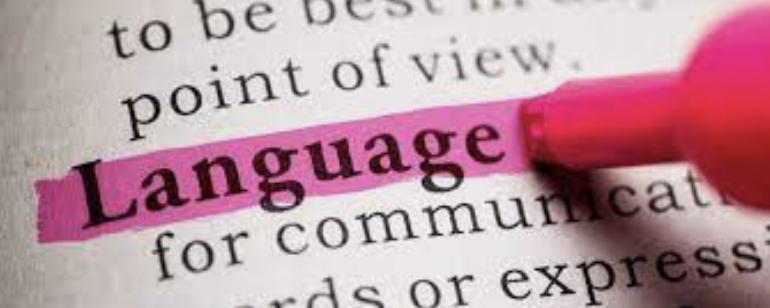112Views

Protecting Democracy in the Pacific: Japan’s Military Build Up
By Diego Vital
The end of WW2 brought with it the end of all Japanese offensive military capabilities. For years, neighboring countries and the Japanese themselves were adamant on a military limited to defense and incapable of large-scale conflicts. Suggesting otherwise was taboo, but circumstances have changed. Military reform has been a contentious topic, nonetheless, gradual steps have been taken to rearm Japan. The “Defense Buildup Program” is the culmination of these efforts and the nation’s most ambitious military endeavor in recent times. According to the Japanese Ministry of Defense, the program aims to build a “Multi-Domain Defense Force” capable of operating in space, cyber, and electromagnetic fields with a particular focus on “the capabilities of our opponents and new ways of warfare.” The objective of the program is to make Japan independent in its defense within five years. To do this, defense spending has been expanded with the expenditure budget for 2023 alone amounting to ¥6,600.1 billion, an increase of 27.4 % compared to the previous year. By 2027, Japan expects to allocate 2% of its GDP towards defense, bringing its military spending on par with the NATO standard.
It would seem the dormant Japanese military has begun to awaken, but why? The 2023 Defense Programs and Budget of Japan report makes clear, “China’s current external stance, military activities, and other activities have become a matter of serious concern for Japan and the international community.” Japan is especially keen on protecting its interests from China, especially the shipping lanes providing much-needed oil and grain that cut right through the South China Sea. These vital shipping lanes are likely to be compromised should China ever take any action against Taiwan. Thus, Taiwan’s defense is Japan’s as well. More pressing is North Korea’s intensification of missile launches directly over Japan and Russia’s invasion of Ukraine, both of which have demonstrated the tangibility of authoritarianism in Japan’s backyard. Unsurprisingly, China has heavily criticized Japan’s build-up, and state media has seemingly undertaken a campaign warning of Japan’s return to militarism. The Global Times described the build-up as “deviating from the track of post-war peaceful development” and the China Daily echoed the pacifist sentiment of some Japanese who call the build-up “a first step toward a wartime regime.” Complementing these are reminders of Japanese atrocities during WW2, invoking not-too-distant memories in opposition. Backlash to the plan is not limited to former victim nations of Imperial Japan, some circles of Japanese society vehemently oppose the build-up; believing Japan should not stray from the constitutional restraints of Article 9.
However, taking no action to protect democracy in East Asia is folly. Japan’s military build-up serves to protect the nation’s interests and democracy in the region alike. Japan is the world’s oldest monarchy, with its imperial family tracing their lineage directly to the Japanese pantheon. But make no mistake, Japan is also a thriving democracy in the Pacific and a bastion of democratic values in East Asia. According to Freedom House, Japan scores a democratic rating of 96/100, considerably higher than the United States’ 83/100 and France’s 89/100. The nation has a multiparty parliament with free elections and protected political rights and civil liberties. These democratic values offer a strong wall of democratic resistance against authoritarianism. A wall that now more than ever is instrumental to the survival of democracy in the Pacific region. National Security Advisor Jake Sullivan commended Japan saying, “Today, Japan has taken a bold and historic step to strengthen and defend the free and open Indo-Pacific.” A militarily strong Japan provides the United States with a powerful ally with similar democratic values in the region to counter authoritarian China, Russia, and North Korea. Japan also promotes democratic values in the region through its soft power and economic investments. Japan has contributed hundreds of billions in infrastructure with low interest rates to the likes of the Philippines, Vietnam, and Indonesia. By virtue of its democratic values, Japan offers a better alternative to China as a regional power that can bolster democracy in the region.
Japan’s military build-up is controversial. The nation’s past lingers as a reminder of the violent legacy of imperialism. However, the Japan of today is not the same as the Japan of a century ago. Likewise, the China and Russia of today are unrecognizable from those of a century ago, both have become authoritarian powers who have continuously proven their willingness to operate outside international norms and law. All the while, the Chinese military has continued to expand with Xi Jinping committing himself to the “reunification” of Taiwan and China. North Korean missiles have come too close for comfort, and it cannot be said they will not come closer. Amid these circumstances, Japan cannot be expected to keep its pacifist path, not only for its own protection but also for that of democracy in the region. Japan’s strong democracy necessitates an equally strong military capable of countering not only a physical invasion, but an ideological one as well. Thus, Japan must abide by the primeval truth in international relations: he who desires peace must prepare for war.


